Do you want to become the best version of yourself? Or are you struggling with the habits you wish you had for a great life? Or you wanted those superman qualities as far as habits are concerned? Your search ends right here and now.
Today we will talk about such a book, from which we will know how to quickly become our best version by paying attention to our small habits. The book’s name is Superhuman by Habit: A guide to becoming the best version of yourself, one tiny habit at a time, written by Tynan. If you can follow the things mentioned in this book, even for just 21 days, you can go a long way.
Few words about the author
Tynan is a well-known blogger, named one of Time Magazine’s top 25 bloggers. He was a co-founder of the blogging platform SETT which hosts his blog. Tynan spent a long time travelling the world with a backpack. Although Tynan last lived in a house in 2006, he spends most of his time living in a small RV.
Tynan takes you through the process of building habits, choosing which habits to work on, maintaining, regulating, assessing these habits, and staying accountable throughout the journey. First, Tynan has a helpful section where he breaks down popular habits. Then, he analyses the pros and cons, the feelings you will likely feel if you build these specific habits.
This book is divided into four parts, and many important details have been discussed. So let’s begin to understand in detail. And remember, if you like the summary, remember to share it with the needy; this might change their life.
Part 1 – Building Habits
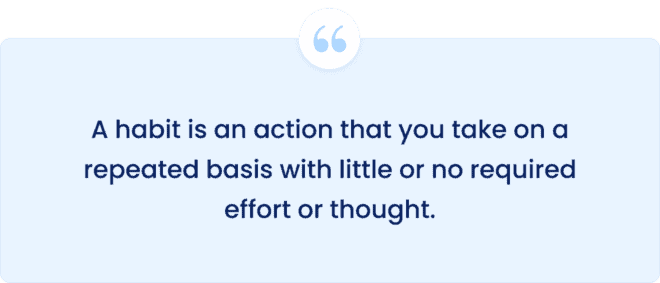
A habit is an action you repeatedly take with little or no required effort or thought. The power of a habit lies in the second part of that definition, the bit about no required effort or thought. Taking action without effort allows you to improve areas of your life, such as health or productivity, without draining too much willpower.
This process happens as a ‘fixed expenditure of energy’; although willpower can be built upon, it does have limitations and is not endless. Someone who can initially channel all of their willpower into building habits will reap the rewards when they become maintainable with little willpower.
1. Willpower
You should be investing your willpower rather than simply spending it. Over time, a habit will be transformed from an action requiring significant willpower to one that becomes automatic and doesn’t require a lot of thought. Without good habits, there are limitations to what you can accomplish both in your personal and professional life.
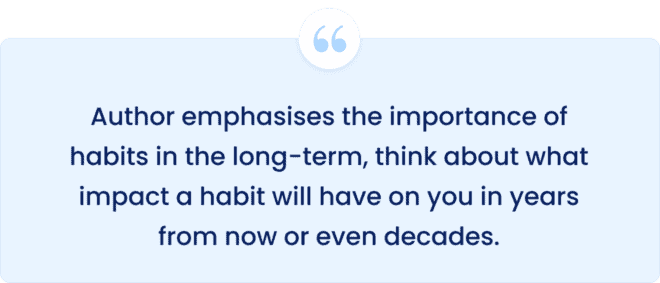
The author emphasizes the importance of establishing good habits to feel fulfilled and achieve everything you want. Once a habit is well-established, it can be transferred from your personal ‘hard’ category to your ‘easy’ category. This will release your willpower by allowing you to work on more ‘hard’ things. To truly establish a habit, it can take anywhere from one to twelve months.
2. Different types of habits
When thinking about habits, it’s easy to assume that habits are bad; you think about things like smoking or eating junk food. And most people believe that bad habits are the hardest to tackle and the easiest to adopt; how do you stop doing something so automatic and something that brings you a sense of pleasure?
However, not all habits are bad, and there are four categories that habits can fall into; good habits, bad habits, old habits, and new habits. Good habits may be more difficult to establish than bad habits, but they shouldn’t be harder to execute.
We all know that bad habits are usually damaging and do not benefit our health or personal growth. Rather than simply giving up a bad habit, try replacing it with something new, improving your overall well-being, or increasing your productivity and work. Old habits, things you’ve done for an extended period, are almost entirely automatic and take no willpower.
Therefore, you can have as many old habits as you like. However, every time you want to introduce a new habit, you are placing a significant strain on your willpower. For this reason, you are limited to only introducing a few new habits at a time. The ultimate process for self-improvement is adding as many new positive habits as possible, working diligently to convert them into old habits, and making room for more new ones.
3. The long-term impact of habit
The author emphasizes the importance of habits in the long term. Think about what impact a habit will have on you in years from now or even decades. The benefit of a habit isn’t the magnitude of each action you take but the cumulative impact it will have on your life in the long term.
When adopting a long-term perspective, consistency is the most critical aspect of habit adoption. You must consistently complete your habit to maintain it long-term. Taking on a new habit may seem exciting at the time. But, if it’s extremely difficult to carry out and you can’t see yourself still doing it in a year, then it’s not a good habit.
When it comes to the early days of establishing a new habit, consistency is key. It’s all about creating momentum: Missing two days of a habit is habit suicide. Missing one day off a habit reduces your chances of long-term success by 5%, while missing two days reduces it by 40%. Miss three days, and you may as well be starting over.
Habits take time to become established parts of your routine; it’s especially important in the early days that you complete your habit daily. It may not be as critical that you never miss a day once the pattern is well and genuinely automated, but in the first month or so, do everything you can to ensure you never miss a day. Whenever you are going to skip executing a habit, force yourself to consciously admit that you’re skipping and articulate why you’re ignoring it. But never cut twice.
4. Nothing goes as plan
It’s also important to accept that things don’t always go to plan. Sometimes, we won’t be able to complete our habit, but it may be entirely out of our control. In some situations, you may need help to complete your new routine in precisely the same way. Using the fitness example, keep your fitness regime on holiday.
You may need access to your usual gym or equipment or the exact amount of time. But a quick jog outdoors, a few press-ups, and sit-ups in any hotel room are better than doing nothing. You must do it in these situations, even if you do a terrible job. Remember, the power of a habit isn’t in individual execution but in consistency. It is far worse to skip doing something than to do a terrible job.
5. Forgiveness
Nobody’s perfect, and inevitably you will miss a day. The most important thing when these mistakes happen is to monitor how you react. Instead of letting yourself dwell on your mistakes and let them hold you back or give up, forgive yourself and refocus. Just as success and progress may motivate you, use mistakes to inspire you even more. Also, consider any mistakes you make and try to understand why they happened. Errors can often bring attention to something that needs some adjustment. If something’s not working correctly, figure out why and adjust.
Finally, just as you need to forgive yourself when mistakes are made, you must celebrate success. Success is found in results, the process, and the journey. By focusing too intently on physical, trackable results, you are only adding more stress into your life.
And if you feel like your successes could be happening more quickly or often enough, you’re likely to give up altogether. Instead, a better way to maintain momentum is to celebrate the progress, your commitment, and the fact that you got up every day and worked on your habit.
Part 2 – Choosing Habits
1. Honesty

Honesty is a fundamental skill when it comes to staying on track with a habit. It’s also required when you are selecting your habits. This is because being open and honest with yourself is so important. Acknowledge any weaknesses you have and aim to address these. For example, consider a few of the following options; are you unhealthy or unfit?
Do you find yourself needing to be more motivated and organized? If so, then these are the areas you need to address and introduce new, good habits. Despite how hard acknowledging your weaknesses may be, it’s critical in the path to adopting the best possible habits.
If you’re already good at something, creating a new habit in that arena is easy. The hard part is introducing a new habit into an area you need to improve. But, as brutal as this is, it’s where the most significant and the best changes will occur.
2. High priority
The first habits you should tackle are the ‘high priority habits,’ you have to care about the habit and be genuinely passionate for it to stick. If you’re looking for habit inspiration, try asking your close friends what they think you could work on, look outside your comfort zone for things you wouldn’t usually do, and take a close look at your social skills; these can be highly beneficial to work on.
3. Take responsibility
Too many people disassociate themselves from adverse events and situations that happen to them. This is because they assume that it’s not their fault. However, you will never learn from a negative experience by taking this attitude.
Instead, always think that you are entirely responsible. Take responsibility for your future, and this will motivate you to make the necessary changes. You can do almost anything if you break it down into habits and execute them. That’s not to say that it’s easy, only that it’s possible. The key is, to be honest about what’s stopping you from success, take responsibility for it, and create new habits to correct.
4. Adding new habits vs. subtracting old habits
There are two different kinds of people when it comes to forming habits. Some of us find adding new things to our lives easy, and others prefer to subtract something. For example, consider whether you find it easier to eliminate junk food from your diet or implement a new gym routine. It’s undoubtedly a good thing to work on the ability to be an adder or subtracter. However, there’s no harm in leaning on your strengths when constructing habits.
5. Motivation
It may seem straightforward when you first begin a new habit. This has a lot to do with excitement in the early days. And while excitement is excellent when it comes to getting started, it eventually wanes, and you struggle to keep going. This is where motivation comes in. First, you need to understand why you want to adopt this new habit and what is your driving force. This is where being honest with yourself comes into consideration.
If you want to take on a health and fitness habit, your motivation has to be enough to keep you committed when the going gets tough. There will be days when you don’t want to run in the rain, but if you understand your motivation, you can push through and remain strong. Start small, become consistent, and increase at a manageable pace. That’s how you optimize for the finish line rather than the starting line.
6. Accountability
In a perfect world, you should be able to adopt a new habit and hold yourself entirely accountable. Your motivation should be enough to do this. But in times that this is not the case. You can ask a friend to hold you responsible. Let them know precisely what you’re doing and why you’re doing it. Ensure they understand how regularly you need to complete your habit, and they can check in with you to ensure you are on track.
Part 3 – Habits
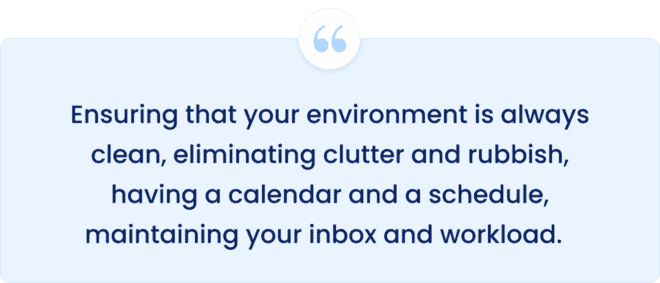
Six different kinds of habits:
- Positivity Habits – The way you think about yourself and others are positive.
- Health Habits – Eating well, getting enough sleep, regular exercise.
- Expansion Habits – Getting out of your comfort zone as much as possible, traveling to new countries, experiencing new cultures or food, writing regularly, and reflecting.
- Organizational Habits – Ensuring that your environment is always clean, eliminating clutter and rubbish, having a calendar and a schedule, maintaining your inbox and workload.
- Social Habits – Being on time and keeping commitments, deleting people you no longer want in your life, and keeping in touch with those important to you.
- Productivity Habits – Twice, quit (when you want to leave, push through twice, then quit), stop procrastinating, and plan.
You can know more on positive habits from the book “50 Positive Habits“, which you can read on this website. Just hit the link below:
Part 4 – Getting Started
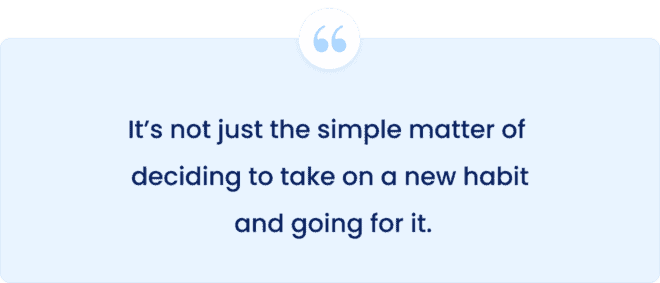
In the beginning, habits need quite a lot of nurturing. It’s not just a simple matter of deciding to take on a new habit and going for it. You have to consider how it will fit into your life and if it’s something you can do regularly. It can be exciting, but it can also be overwhelming. It’s important to be logical and realistic when forming a new habit. Though, the practice of building habits is simple. We identify things we do daily and adjust them to improve them. We put our faith in the compounded power of small, repeated actions and adapt our behavior to reap those benefits.
Conclusion
So, friends, this was the summary of Superhuman by Habit. Let us repeat its critical points from the back:
- Habits are something that we all adopt instinctively. A habit is a behavior or activity you instinctively do to save time and increase productivity.
- When done so instinctively, you can complete a task or activity without much thought almost automatically.
- Although willpower can be built upon, it does have limitations and is not endless.
- Over time, a habit will be transformed from an action requiring significant willpower, to one that becomes automatic and doesn’t require a lot of thought.
- Without good habits, there are limitations to what you can accomplish both in your personal and professional life.
- Old habits, things you’ve done for an extended period, are almost entirely automatic and take no willpower. Therefore you can have as many old habits as you like.
- Every time you want to introduce a new habit, you strain your willpower significantly. For this reason, you are limited to only introducing a few new habits at a time.
- Where possible, never skip a day of completing your habit. This is particularly important in the early stages.
- The power of a habit isn’t in the individual execution of any day; it’s all about consistency and repetition.
- Forgive yourself for a slip-up and celebrate your progress.
- Be honest with yourself about your weaknesses; these are areas you must work on.
- Understand your motivation for adopting any new habit.
- Rather than trying to simply give up a bad habit, try replacing it with something new.
Superhuman by Habit Book Review
Superhuman by Habit, written by Tynan, is an engaging and practical guide to transforming one’s life through the power of habit formation. As a reader, I found the book to be both informative and inspiring, providing actionable advice on how to create lasting habits that lead to success and personal growth.
The author’s writing style is clear and concise, making complex concepts easily digestible. Tynan shares his own experiences and insights, which adds a personal touch and credibility to the book.
One of the most valuable aspects of Superhuman by Habit is its focus on the importance of consistency and discipline in habit formation. Tynan emphasizes the need to start small and gradually build on one’s habits, ensuring that they become an integral part of daily life.
The book also offers practical strategies for overcoming common obstacles, such as procrastination and lack of motivation. These techniques, combined with Tynan’s emphasis on self-awareness and reflection, make Superhuman by Habit an invaluable resource for anyone looking to improve their lives through habit formation.
Contents

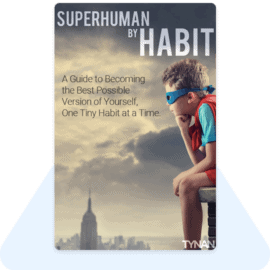
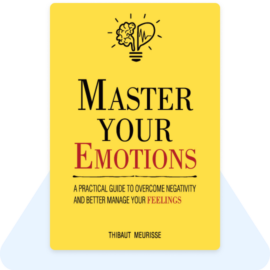
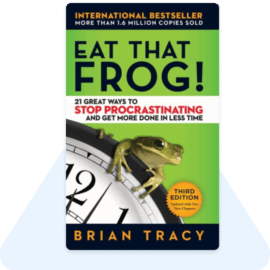
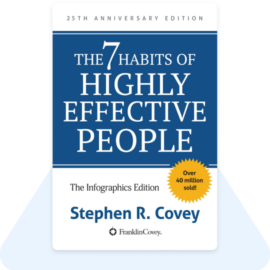
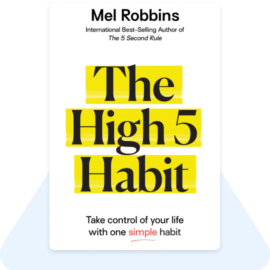
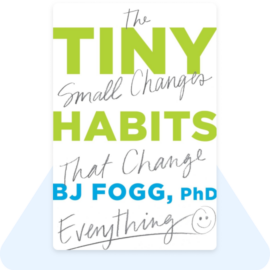
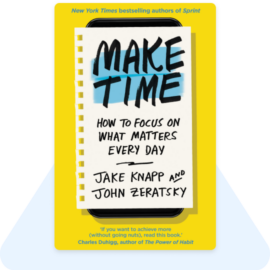
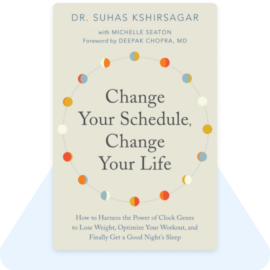
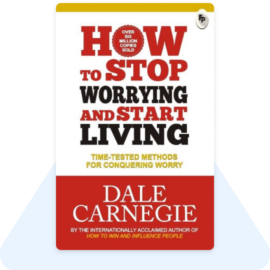
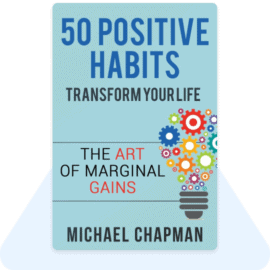
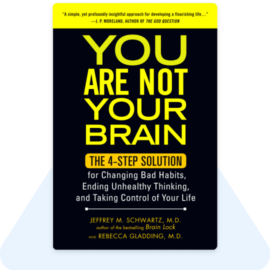
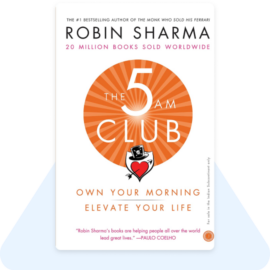
Dear Team RBC + Amit Kumarr
Good day
Thanks for book summary of Superhuman by Habits. It is rightly said that one’s habit describe the people and anyone can tell you whether you are successful or not by knowing your habits. Really nice formula of habit building & it starts with tiniest part and it automatically cover whole of your life at one stage.
Deepest Gratitude & Lots of Love
Day 2 completed
Habits take time to become established parts of your routine;
Day 2 completed
Thank u for the summary.
Day:-2nd Completed
Developing superhuman habits can help you optimize your productivity, health, and overall well-being.
(1):Practice mindfulness: Incorporate mindfulness or meditation into your daily routine. This habit can improve focus, reduce stress, and enhance self-awareness.
(2):Exercise regularly: Engage in regular physical activity to boost your energy levels.
(3):Plan and prioritize: Develop a habit of setting goals, planning your days, and prioritizing tasks. This helps us to organized, focused, and efficient in our activities.
(4):Continuous learning: Cultivate a habit of lifelong learning. Read books, take courses, listen to podcasts, or engage in other forms of education to expand your knowledge and skills.
(5):Eat a balanced diet: Adopt a habit of consuming a nutritious, well-balanced diet. Focus on whole foods, fruits, vegetables avoids junks foods
(6):Practice gratitude: Cultivate a habit of gratitude by regularly acknowledging and appreciating the positive aspects of your life. This can improve your mood and overall sense of well-being.
(7):Limit distractions: Minimize distractions such as excessive screen time, social media, or unnecessary notifications.
(8):Develop a growth mindset: Adopt a mindset that embraces challenges and views failures as opportunities for learning and growth.
Remember, building new habits takes time and consistency. Start by focusing on one habit at a time, gradually incorporating others into your routine. Consistency is key to achieving superhuman habits and unleashing your full potential.
Day -2 thankyou for this book superman by habit ..such a Motivating book❤️